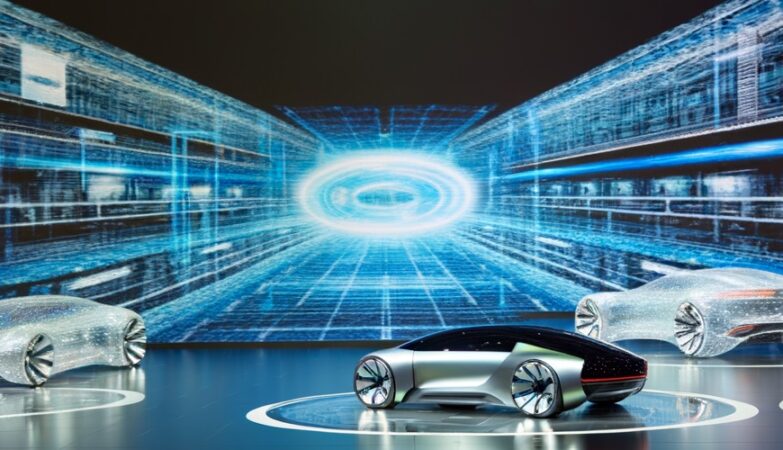Automotive industry has witnessed tremendous growth over the years, revolutionizing the way people travel and transforming societies. From the invention of the automobile to the rise of electric vehicles, automotive technology has constantly evolved to meet the changing needs of consumers. In this article, we will explore the various aspects of the automotive industry and its impact on society.
The automotive industry comprises a wide range of companies that are involved in the development, manufacturing, marketing, and selling of motor vehicles. These vehicles include cars, trucks, buses, motorcycles, and even off-road vehicles. It is a global industry that employs millions of people worldwide and contributes significantly to the economy of many countries.
One of the major milestones in the automotive industry was the invention of the automobile. In the late 19th century, Karl Benz and Gottlieb Daimler independently developed the first practical automobiles. This invention revolutionized transportation, making it faster, more convenient, and accessible to a wider population. The mass production of automobiles by Henry Ford further increased their affordability, leading to a significant boom in the industry.
Over time, automotive technology has advanced, bringing about significant changes in the design, features, and performance of vehicles. Modern cars are equipped with advanced safety features such as seat belts, airbags, and anti-lock braking systems (ABS) to ensure the safety of passengers. Additionally, technological advancements have led to the development of hybrid and electric vehicles, which offer environmentally friendly alternatives to traditional gasoline-powered cars. These vehicles help reduce greenhouse gas emissions and dependence on fossil fuels.
The automotive industry plays a crucial role in the economy by generating employment and contributing to the growth of various sectors. It provides job opportunities in areas such as manufacturing, engineering, design, marketing, and sales. The industry also supports a wide range of ancillary sectors like auto parts manufacturing, dealerships, repair services, and insurance. Furthermore, the demand for raw materials like steel, glass, rubber, and plastics drives the growth of other industries.
Apart from its economic impact, the automotive industry also has a profound social impact. The availability of personal transportation has brought about a significant change in the way people travel and commute. It offers freedom and convenience to individuals, enabling them to reach their destinations quickly and efficiently. Moreover, advancements in automotive technology have made long-distance travel more comfortable and safer, connecting people across cities, states, and even countries.
Additionally, the automotive industry has had a substantial influence on the urban landscape. The growth of vehicles has necessitated the development of road infrastructure, including highways, bridges, and tunnels, to facilitate efficient transportation. With the rise of car ownership, parking spaces and garages have become a common feature of urban areas. However, the increasing number of cars has also led to traffic congestion, pollution, and a strain on existing infrastructure, which poses challenges for cities and calls for sustainable transportation solutions.
In conclusion, the automotive industry has revolutionized transportation, improving mobility and connectivity. It has played a significant role in the economic growth of many countries, generating employment and driving various sectors. The technological advancements in the industry have led to safer, more efficient, and environmentally friendly vehicles. However, challenges such as traffic congestion and pollution need to be addressed as the industry continues to evolve. Overall, the automotive industry remains a vital part of our daily lives and will continue to shape the future of transportation.







